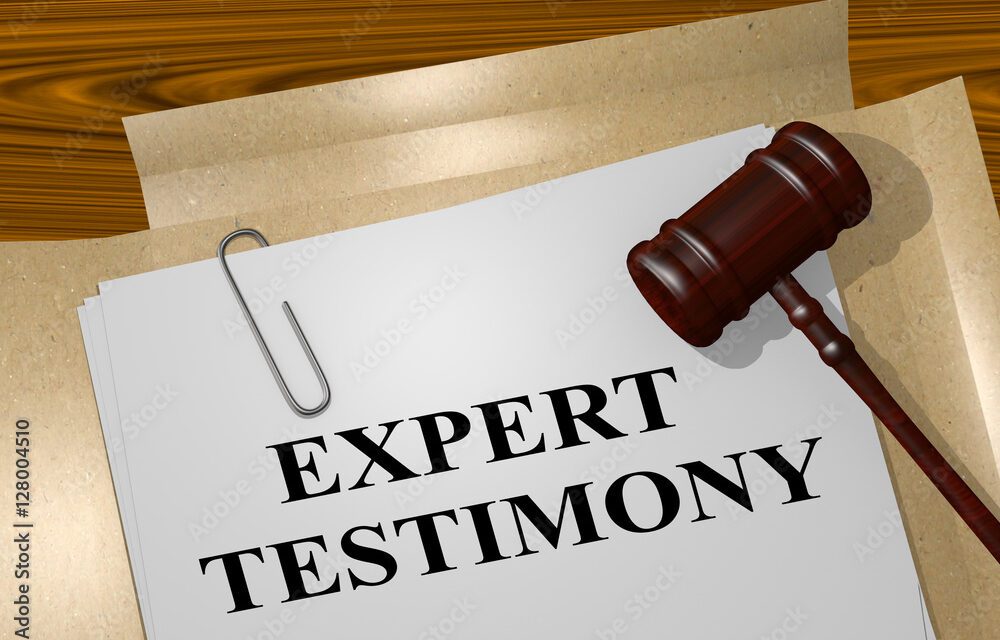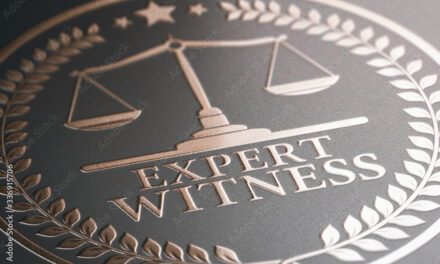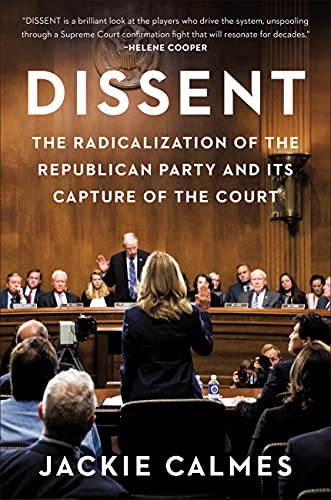I do some expert witness work, so this blog entry contains some experience-based remarks about retainer agreements and some aspects of expert witness performance.
I have not used formal retainer agreements much. Usually, they have been in the “back of the envelope” form, or they have been oral. Part of the reason for this is that a good deal of my work has come from, or through, people I know; lots of it comes from lawyers and clients (sometimes theirs and sometimes mine). From time to time, I dictate what I want and have them send me an email, and that seems to work well, but it leaves out important matters, I will set forth presently. A few times my informality has been a bad idea. As a result, I have repented (more or less). So, I will discuss here what belongs in a form agreement for expert services, as I see it. I will also discuss some of what I regard as, features of sound performance. Sometimes, at least, matters of sound performance can be included in the retainer agreement. The following are lessons based on issues I have had to learn the hard way.
Lesson One: Get a clear description of the scope of the assignment and then change the scope, both outwardly and inwardly, if and when it changes, appears to be changing, or someone relevant thinks it should change.
Lesson Two: Find out what experienced experts are charging in “your” area and start there. Warn of probable changes which should be expected over time. Often lawyers resist paying you more than they are billing. This is probably a reasonable idea with which to cooperate, at least most of the time, but only if their fees are reasonably high. Charitable expert witnessing is to be avoided, although one may have expert witness duties arising out of justice itself.
Lesson Three: Make sure the retainer is both reasonable and sufficient. Consider making the retainer amount stay ahead of the payment of bills. (My retainer is $X; it must stay at $X at all times.” This agreement is frequently not possible—or at least too difficult–to arrange.
Lesson Four: Insist that the bills be paid on time. A way to do this is: “If I have not received a check within 30 days of my billing you, I will perform no further work until paid In full up to that point.” Often, I cannot make this happen. Sometimes I try to get paid on a quicker temporal schedule. That seldom works.
Lesson Five: Try to get their client or the lawyers themselves to pay all out-of-town expenses. Sometimes one can get this and sometimes not.
Lesson Six: Try to get people to come and see you. They will want to do this anyway if your office is in an attractive city.
Exception: You really want to go there. Sometimes the taking of a spouse is a good thing for mostly non-professional reasons.
Lesson Seven: Expect corporations to pay you faster than people and people faster than insurance companies.
Lesson Eight: Consult with the lawyers about the contents of your reports, etc. Do not let them assist you with prose, except with problems of prose: spelling, grammar, etc. Let the lawyer assist you by stating facts you have missed, not understood, and/or not appreciated. Don’t always believe them. Confirm everything yourself. Do not accept the lawyer’s intense use of colorful language even if you believe it. You are a reporter and a historian, not an advocate. This one has been very hard for me and I was kicked out of a case by the judge once for making this mistake.
Lesson Nine: Always remember that experts’ opinions take an “If-then” form. It should never take a “This is ‘It'” form. Undisputed facts are exceptions. Obvious and undeniable facts are another.
Lesson Ten: It is law-school-level truth that expert witnesses are not permitted to testify about the law. Don’t bet on it. For one thing, if you are testifying about some industry practices, you may have to refer to the law by talking about what is generally understood to be the law.
Virtually all of these “Lessons” have, not only practical implications but can—in various ways—be set forth, to some extent, in retainer letters. On this matter, tact and restraint are required.






Recent Comments